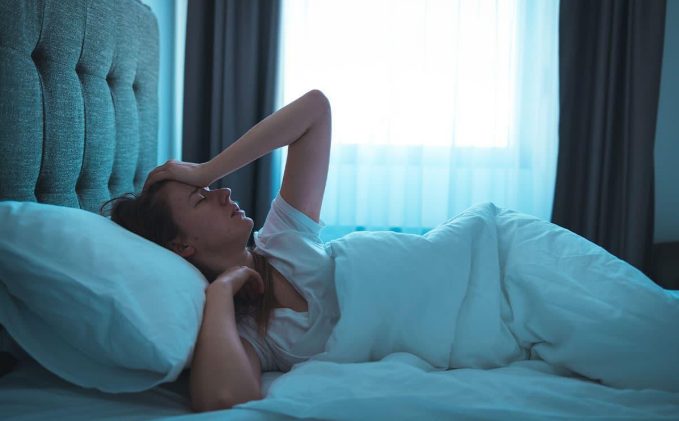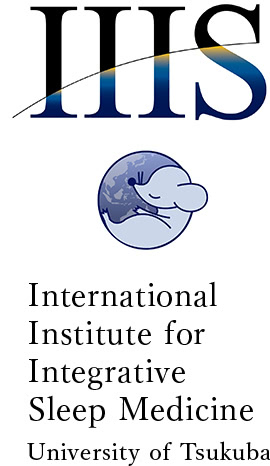
2025.01.17
The Reliability of Subjective Reports of Sleep Duration and Quality: Insights From In-home Electroencephalography
Tsukuba, Japan—Accurate sleep assessment is essential for diagnosing and managing sleep disorders, yet the limited capacity for recall during sleep makes objective measurements, such as electroencephalography (EEG), indispensable. Despite this, clinically accurate methods for measuring sleep in real-world settings remain scarce.
Insomnia, for example, is a sleep disorder characterized by difficulty falling asleep or maintaining sleep despite adequate opportunity. Typically, its diagnosis relies solely on self-reported experiences. However, research has shown that many individuals with insomnia perceive their sleep duration to be significantly shorter than objective measurements indicate. This discrepancy between subjective and objective sleep assessments can result in inappropriate treatment strategies, such as attempts to increase sleep duration in individuals who are already achieving sufficient sleep. Conversely, individuals who are unaware of their sleep disturbances may overlook early indicators of serious sleep disorders.
To address these challenges, S’UIMIN Inc., a startup originating from the University of Tsukuba, has developed self-applicable, in-home sleep EEG devices capable of providing clinical-grade sleep measurements.
In this study, researchers conducted a comprehensive analysis of data collected from 421 individuals in Japan who were not receiving treatment for sleep disorders. The dataset included multiple nights of in-home sleep EEG recordings alongside responses to questionnaires assessing subjective sleep experiences. These subjective and objective assessments were thoroughly evaluated by physicians, and the researchers analyzed potential discrepancies.
The results revealed significant disparities: 66% of individuals who perceived their sleep as poor exhibited no objective sleep problems, while 45% of those who considered their sleep sufficient were identified as potentially sleep deprived. Additionally, subjective ratings of “sleep quality” showed minimal correlations with objective indicators such as “sleep depth,” the “presence or absence of brief awakenings,” or the “presence or absence of sleep apnea risk.”
These findings underscore the inadequacy of relying solely on subjective sleep assessments to evaluate sleep health. Incorporating objective measures, such as sleep EEG data, into routine health checkups and providing tailored advice based on these findings could enhance sleep habits and facilitate the early detection of sleep disorders.
Title of original paper: Discrepancies between subjective and objective sleep assessments revealed by in-home electroencephalography during real-world sleep
Journal:PNAS
| Press Release | |
|---|---|
| Paper | |
| EurekAlert! |
